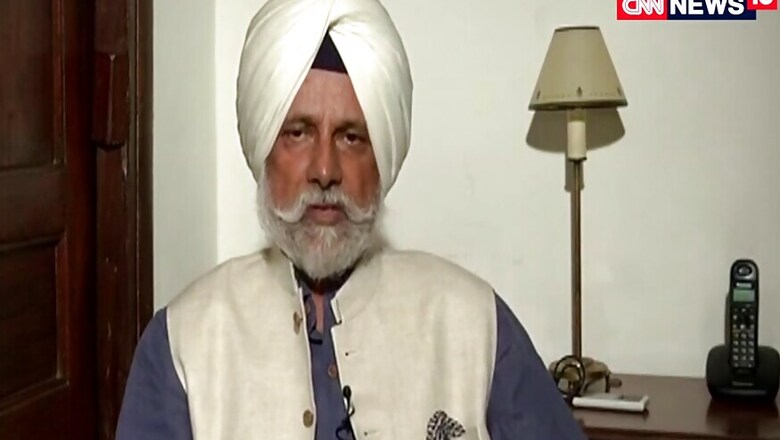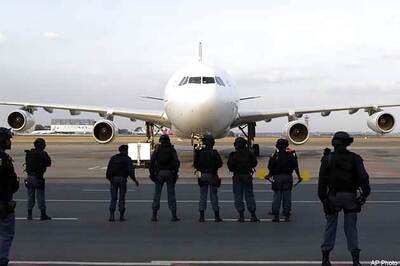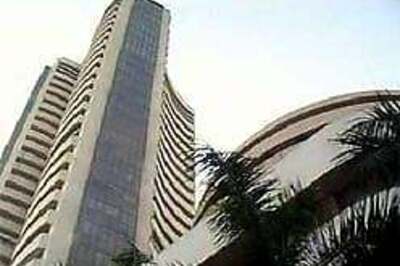
views
New Delhi: India has a great potential to develop into a global superpower by 2030 but only if it is able to reconcile the corresponding rise of China.
This is was the consensus between the three panellists of CNN-News18’s Rising India curtain raiser debate.
The participants, former diplomats KC Singh and TCA Raghavan along KC Singh with former Indian Army Chief General (retd) VP Malik, all agreed that if India was to rise to become a superpower, it had to sort out its position vis-à-vis its neighbourhood, most particularly with China.
“There is no doubt India is a rising power and there is no doubt is going to continue to rise. (But) The intimidating factor is the corresponding rise of China and her wariness about India’s rise,” Singh said.
Taking the example of 19th century Europe, Singh said whenever their two neighbouring rising powers trying to displace the existing power structure, it causes a lot of disturbance.
The other problem, he said, was that the institutions of global governance like the United Nations and World Bank were created by the victors of the Second World War and, thus, not really configured to deal with the realities of a rising India and China. As a result, these create both opportunities of friction and cooperation between the two countries.
In this context, we are rising in uncertainty whether we there is place for India and China together while getting evidence of the contrary, he said.
Talking about Prime Minister Narendra Modi’s foreign policy, Singh said that the key for successful relations is continuity and process which takes time. Thus, the gains seen today are a product of several years. Modi’s attempts to build interpersonal relations with other leaders might help but the real question is whether they will help in the long term. Further, taking the example of the Middle East, he said the situation also doesn’t remain the same over time.
To Raghavan, the template of interaction between the two rising powers is not a homogenous one. “The rise of China and the rise of India will see a lot of friction but cooperation as well,” he said. “It will not be a black and white situation.”
However, for him, the bigger challenge for a rising India to is to build up the requisite economic strength to be able to sustain international influence. “The challenge and opportunity for India, to that extent, is an internal challenge of how much the country is able to drive up and sustain economic growth which is reflected on the ground,” he said.
External trade balance, domestic infrastructure and an indigenous and self-sufficient defence industrial setup were equally required to ensure India develops into a global superpower, he said.
Malik, on the other hand, a conflict between India and China is not inevitable. For him, the issue lies in in unresolved borders between the two countries. “Both India and China can co-exist if the boundary situation is resolved,” he said.
Apart from this, a seat in the UN Security Council would also go long way in resolving issues between the two countries he said.




















Comments
0 comment